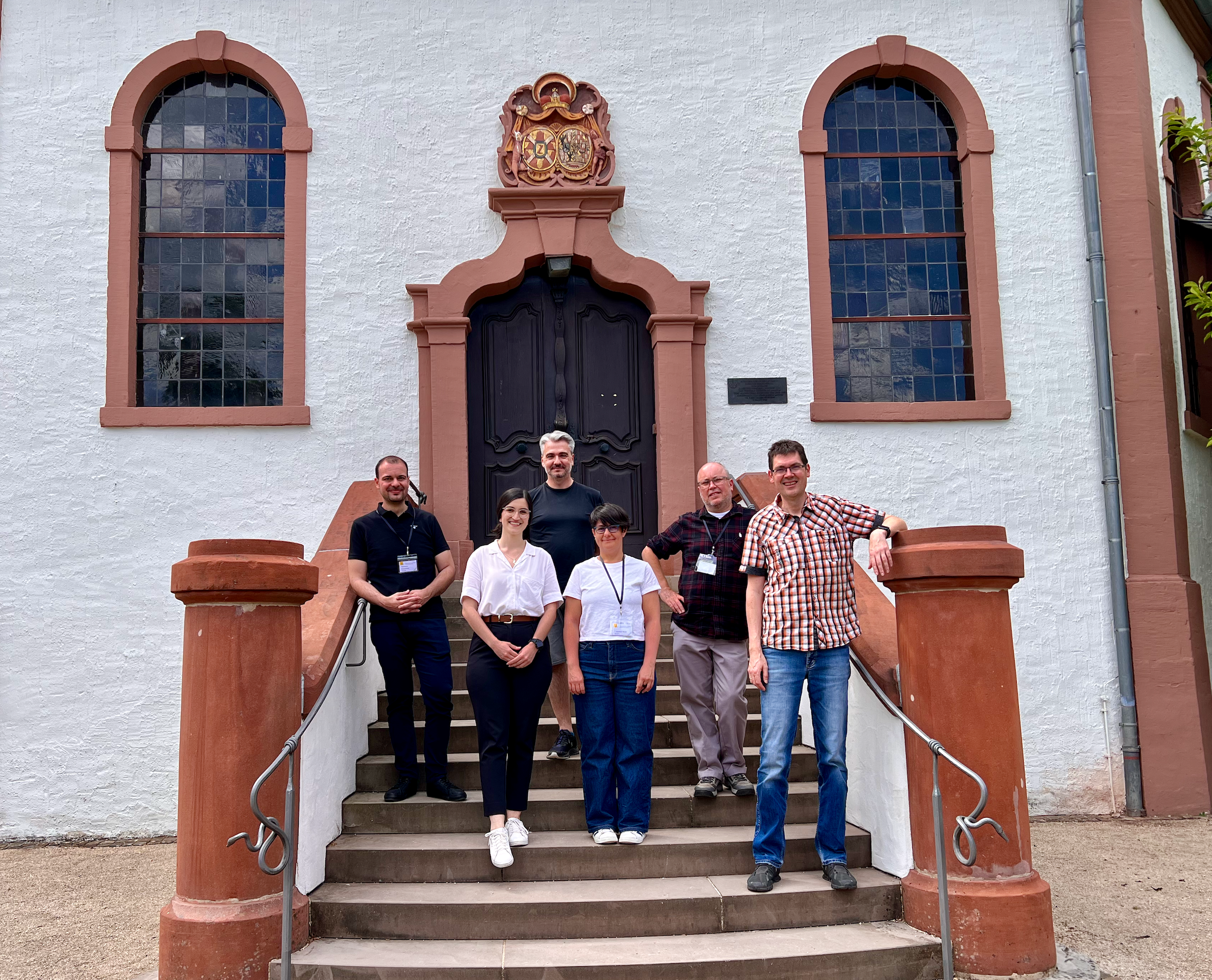The Dagstuhl Seminar 23242, held from June 11 to June 16, 2023 at Schloss Dagstuhl (Germany), was organized by Frank Kargl (Universität Ulm, DE) and Ioannis Krontiris (Huawei Technologies – München, DE) from the CONNECT project, along with Jason Millar (University of Ottawa, CA) and André Weimerskirch (Lear Corporation – Ann Arbor, US). The seminar focused on addressing the crucial topic of “Privacy Protection in Automated and Self-Driving Vehicles”. The seminar was further supported by CONNECT partners System X and the University of Twente.
The objective of this seminar was to address the major roadblocks in deploying privacy protection in Automated and Self-Driving Vehicles (AVs). As AV technology continues to develop, privacy and data protection aspects for AVs have not been adequately addressed. The introduction of extensive sensor arrays and AI technology in AVs raises significant challenges in privacy and data protection, both from a research perspective and an ethical, legal, and policy standpoint. In early 2022, the first virtual Dagstuhl Seminar (22042) discussed various challenges in privacy protection.
Now, the goal is to produce a research roadmap that tackles these challenges and paves the way for the deployment of privacy protection in AVs.
The following key challenges were identified:
- Ethics and Responsible Behavior: Ensuring companies and actors collecting and processing personal data in AV systems adopt responsible practices beyond regulatory compliance.
- Evolving Regulations: Adapting regulations for future cooperative, connected, and automated mobility (CCAM) systems to establish a stable baseline and determine the need for sector-specific regulations.
- Commercial Viewpoint: Navigating trade-offs between privacy and safety while considering the constraints and goals of the industry.
- Privacy-Enhancing Technology (PET): Leveraging advancements in PET to address privacy challenges, such as converging privacy protection with safety and establishing trust in data exchange and functions across different trust domains.
These challenges require further exploration and collaboration among experts in the field. By addressing them, we can work towards a future where AVs prioritize privacy protection while delivering safe and efficient transportation.
The research roadmap developed through this seminar will serve as a guiding framework for advancing privacy protection in the realm of Automated and Self-Driving Vehicles.
Interesting discussions took place during the seminar, focusing on distilling privacy considerations in the context of Cooperative, Connected, and Automated Mobility (CCAM). The insights gained from these discussions will be compiled into a publication based on the workshop outcomes. Stay tuned for the release of this publication, which will provide valuable insights into addressing privacy challenges in the realm of CCAM.
